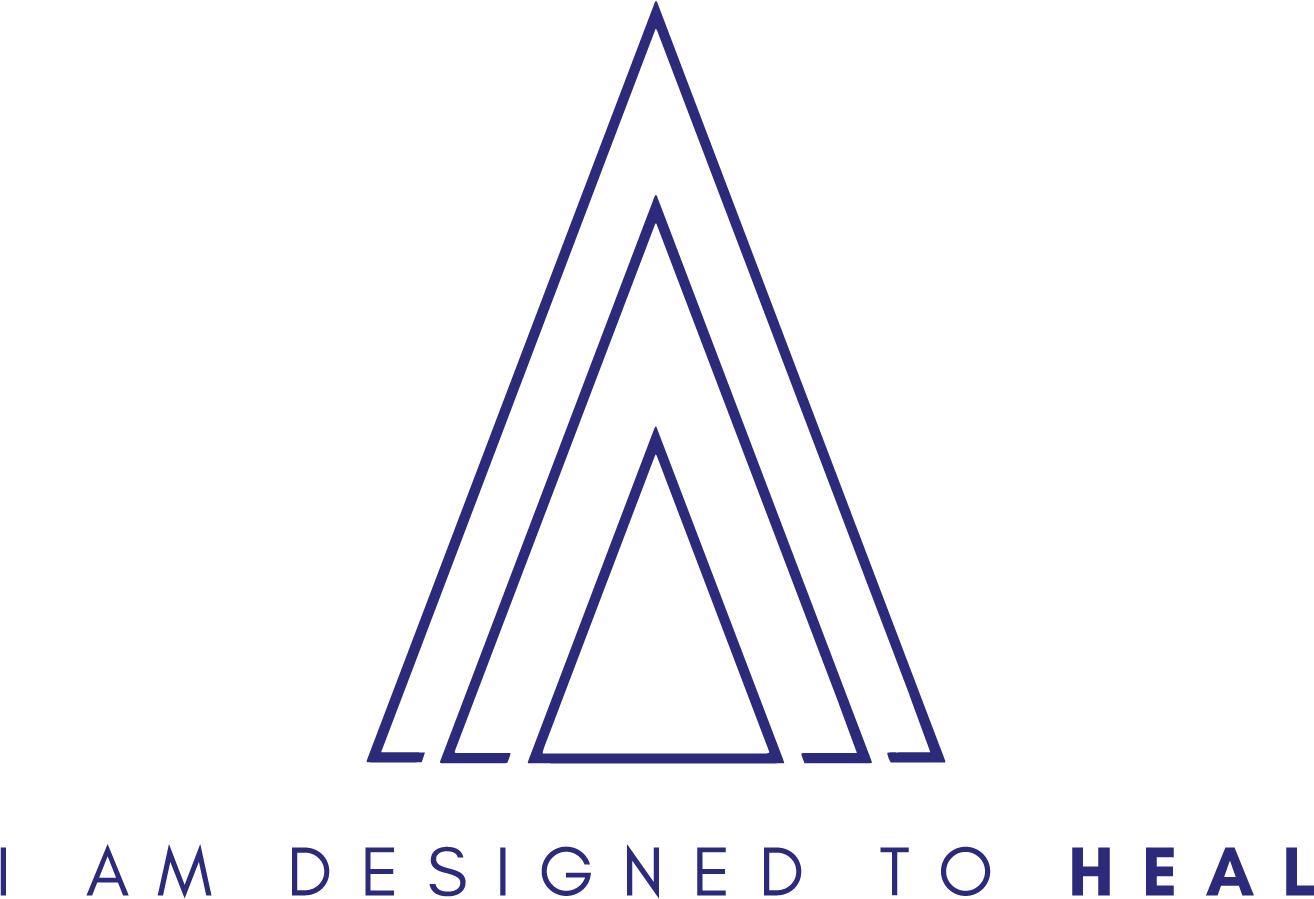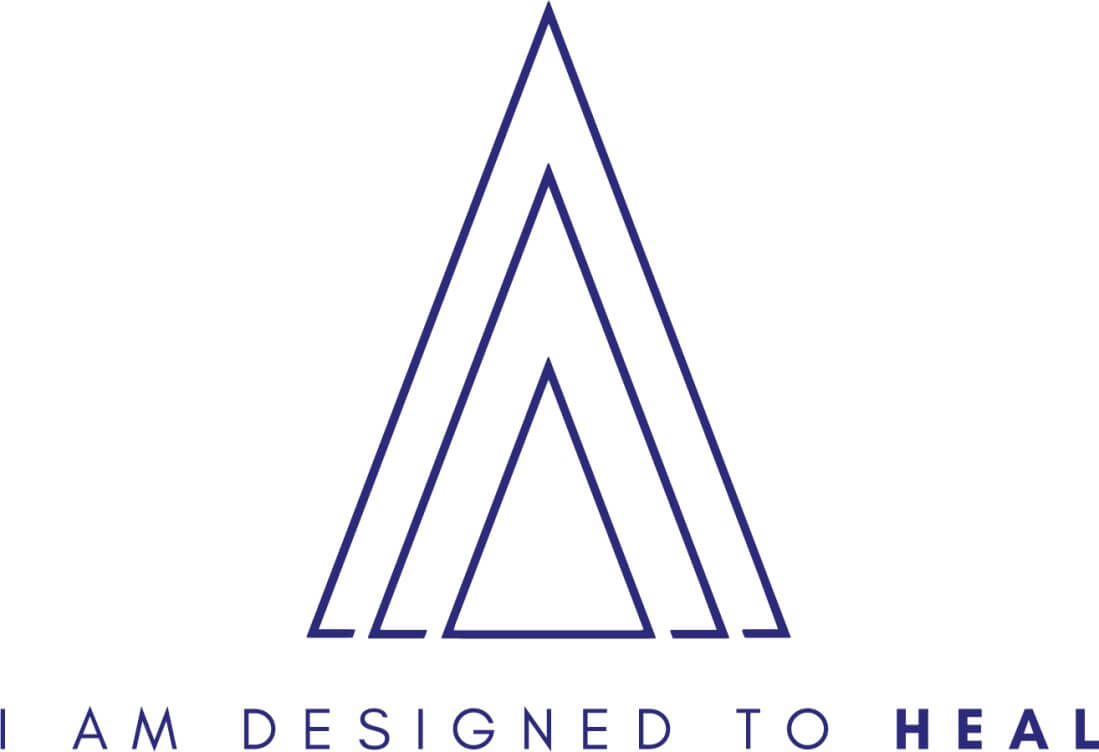
02 Oct How Acupuncture Can Help Manage Stress and Anxiety
In today’s fast-paced world, many of us experience stress and anxiety, often daily. While medications and therapy are popular ways to address these issues, acupuncture has gained recognition as a natural way to reduce stress and anxiety.
Rooted in Traditional Chinese Medicine (TCM), acupuncture offers a holistic approach to balance both body and mind. Let’s dive into how acupuncture works for stress relief and explore the science behind it.
How Does Acupuncture Work?
Acupuncture involves inserting very thin needles into specific points on the body, called acupoints. In TCM, these points help regulate the flow of energy, or “qi,” along pathways known as meridians. When qi flows smoothly, the body is balanced, but when it’s blocked, we experience physical and emotional distress. From a modern perspective, acupuncture may influence the nervous system, releasing neurotransmitters and hormones like serotonin, dopamine, and cortisol, which are all key players in managing mood and stress.
 How Acupuncture Helps with Stress and Anxiety
How Acupuncture Helps with Stress and Anxiety
1. Reduces Cortisol and Stress Hormones
Acupuncture is known for its ability to reduce cortisol, a hormone our bodies release in response to stress. High cortisol levels can weaken the immune system, disrupt sleep, and worsen stress. Studies show that acupuncture can reduce these stress-induced hormone levels, helping the body relax and rebalance. For instance, research published in Endocrinology found that acupuncture could lower stress-driven cortisol spikes, providing measurable stress relief .
2. Promotes Relaxation and Calms the Nervous System
Acupuncture helps activate the parasympathetic nervous system, also known as the “rest-and-digest” system, which counters the “fight-or-flight” stress response. This relaxation response can bring on a feeling of calm and even reduce anxiety.
A study published in the Journal of Acupuncture and Meridian Studies found that participants experienced lower anxiety levels and improved mood after acupuncture, partly due to the release of endorphins, the body’s natural mood enhancers .
3. Supports Better Sleep Quality
Poor sleep often worsens stress and anxiety, creating a cycle that can be hard to break. Acupuncture has been shown to improve sleep, which helps your body recover and manage stress better. A review in Current Opinion in Psychiatry highlighted acupuncture’s effectiveness in treating insomnia and other sleep issues related to anxiety, thanks to its calming effects on the nervous system and influence on sleep-regulating hormones like melatonin .
4. Builds Emotional Resilience
Regular acupuncture can boost emotional resilience, making it easier to handle stress and daily challenges. In TCM, balanced internal energy promotes emotional health, which can improve our ability to cope.
Research published in Medical Acupuncture noted that participants experienced increased emotional stability and better stress tolerance after a series of acupuncture sessions, likely due to acupuncture’s ability to regulate the hypothalamic-pituitary-adrenal (HPA) axis .
5. Works Well with Other Therapies
Acupuncture complements traditional treatments for stress and anxiety, like talk therapy and medication. Using acupuncture alongside conventional therapies can enhance results and offer a comprehensive approach to stress management.
In a meta-analysis from the Journal of Alternative and Complementary Medicine, researchers found that acupuncture combined with cognitive behavioral therapy (CBT) offered better anxiety management than CBT alone, showing acupuncture can be a valuable addition to a wellness plan .
What to Expect from an Acupuncture Session for Stress and Anxiety
If you’re curious about acupuncture for stress, knowing what to expect can help. In your first session, the acupuncturist will ask about your health history, lifestyle, and specific stress or anxiety concerns. They’ll then insert fine needles at specific acupoints, which usually cause minimal or no discomfort. Many people report feeling relaxed or even sleepy during and after the session.
While some people feel immediate benefits, others may find that consistent treatments provide better, longer-lasting results. I often recommend a course of 10 sessions over a period of five weeks to optimize initial treatment benefits and provide insight into your individual response. From there, we create a maintenance plan that works for your lifestyle.
Wrapping Up: Can Acupuncture Help You?
As demands in life increase, finding ways to manage stress and anxiety is essential for both mental and physical health. Acupuncture provides a natural, holistic way to support the body’s healing abilities and address stress and anxiety from a balanced perspective. With scientific research backing its benefits, acupuncture could be a worthwhile addition to your stress-relief routine.
If you’re looking for a non-medication-based approach to reduce stress and anxiety, acupuncture might be the solution for you. Contact our office to discuss your options. We also accept many insurance plans, and find this to be a helpful tool in managing your care.
—
References
1. Langevin, H. M., Wayne, P. M., & Macpherson, H. (2011). Acupuncture research: strategies for strengthening the biological foundations. The Journal of Alternative and Complementary Medicine, 17(11), 859-866.
2. Su, T., Pei, J., & Zhang, L. (2016). Regulation of the hypothalamic-pituitary-adrenal axis by acupuncture in the treatment of anxiety and stress-related disorders. Endocrinology, 157(11), 4086-4096.
3. Wu, J., Li, Y., & Chang, X. (2018). Acupuncture reduces stress and promotes relaxation: A comprehensive review. Journal of Acupuncture and Meridian Studies, 11(5), 252-258.
4. Chung, K. F., Yeung, W. F., & Ho, F. Y. (2015). A review on the efficacy of acupuncture in treating insomnia. Current Opinion in Psychiatry, 28(4), 361-367.
5. Kim, J. H., Lee, S. H., & Shin, B. C. (2015). Acupuncture and the hypothalamic-pituitary-adrenal axis: Effects on emotional health. Medical Acupuncture, 27(2), 104-110.
6. Karavidas, M. K., Zervas, I. M., & Paraskevaidis, I. S. (2016). A meta-analysis of acupuncture for treating anxiety disorders in comparison to cognitive behavioral therapy. The Journal of Alternative and Complementary Medicine, 22(5), 351-358.


